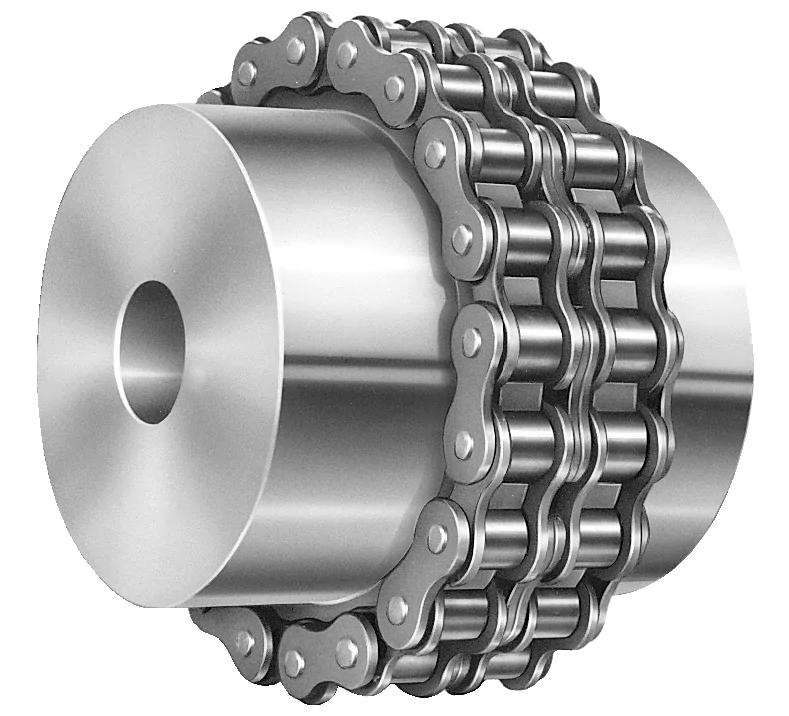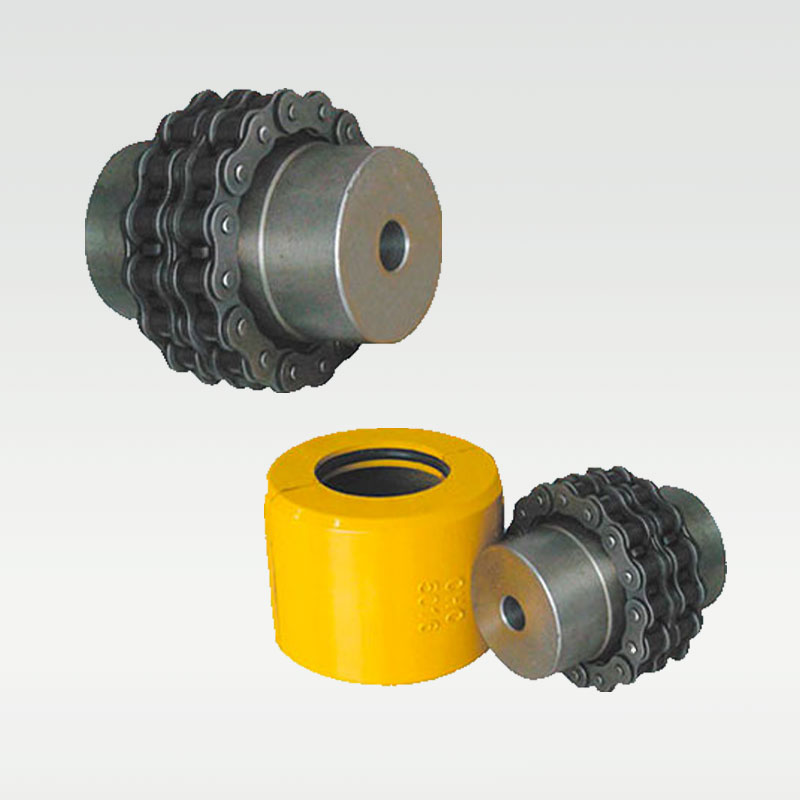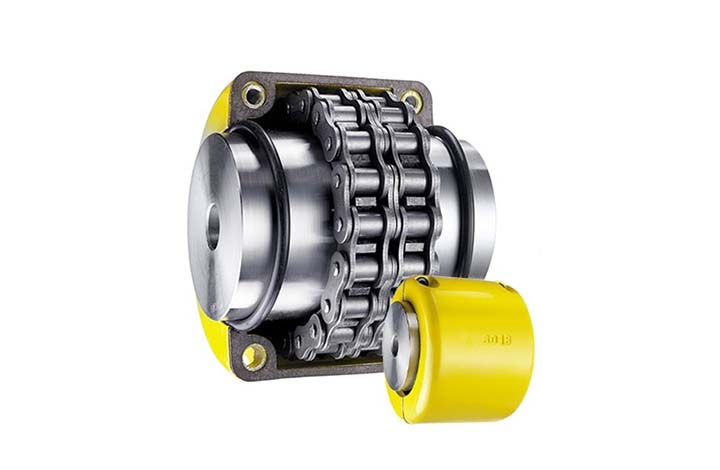Product Description
FAQ
Q:Is your company a trading company or a manufacturer?
A: We have our own factory.
Q:How long does the lead time take?
A: If the goods are in stock, it is generally 1-2 days; if the goods are not in stock, it is 5-10 days, depending on the quantity.
Q: Can I order shaft bore couplings that are not listed in the catalog?)(Additional machining service for coupling shaft hole
A:Of course.In addition, the recommended dimensional tolerance for the applicable shaft diameter is H7.
Q: How to handle when the received parts are of poor quality?
A:If there is any non-conformity of the product, please contact us immediately, we will check the problem in the first time, and rework or repair.
Q: Why choose XingHe Precision Transmission ?
A:As a professional manufacturer of coupling , we possess a skillful team of workers and designers To provide our customers with first-class services.
/* January 22, 2571 19:08:37 */!function(){function s(e,r){var a,o={};try{e&&e.split(“,”).forEach(function(e,t){e&&(a=e.match(/(.*?):(.*)$/))&&1

Standard Sizes and Specifications of Roller Chain Couplings
Roller chain couplings come in various sizes and specifications to accommodate a wide range of mechanical power transmission applications. The standard sizes and specifications of roller chain couplings typically include:
- Chain Size: Roller chain couplings are available in different chain sizes, such as 40, 50, 60, 80, 100, etc. The chain size indicates the pitch of the roller chain used in the coupling.
- Torque Capacity: The torque capacity of a roller chain coupling varies based on its size and design. Manufacturers provide torque ratings that specify the maximum amount of torque the coupling can handle without failure.
- Speed Rating: Roller chain couplings have a maximum speed rating, which indicates the highest rotational speed at which the coupling can operate safely and efficiently.
- Material: Roller chain couplings are commonly made from materials such as carbon steel, stainless steel, or nickel-plated steel, providing different levels of strength, corrosion resistance, and durability.
- Hub Type: Roller chain couplings may come with different hub types, such as pilot bore hubs or taper bore hubs, to suit various shaft connections.
- Number of Teeth: Some roller chain couplings have specific tooth configurations that can affect their performance and backlash characteristics.
- Misalignment Capacity: Manufacturers specify the maximum allowable misalignment (angular and parallel) that the coupling can accommodate to ensure reliable operation.
It is essential to refer to the manufacturer’s catalogs or product specifications to determine the exact sizes and specifications available for specific roller chain couplings. Selecting the right size and specifications depends on the application’s requirements, including torque, speed, misalignment, and environmental conditions.

Specialized Roller Chain Couplings for High-Torque or High-Speed Applications
Yes, there are specialized roller chain couplings designed to handle high-torque or high-speed applications. These specialized couplings are engineered to meet the specific demands of such industrial scenarios. Here are some key features and considerations for high-torque or high-speed roller chain couplings:
- Enhanced Strength: Roller chain couplings for high-torque applications are constructed using robust materials that offer higher tensile strength and improved fatigue resistance. This allows them to withstand the increased torque without experiencing premature failure.
- Optimized Tooth Design: High-torque roller chain couplings may feature specially designed sprockets and chain tooth profiles to ensure reliable torque transmission and minimize wear under heavy loads.
- Increased Chain Size: In high-torque applications, larger chain sizes may be used to handle the elevated power requirements. Larger chains provide more surface area for torque transmission and can accommodate higher loads.
- Heat Treatment: Some high-torque roller chain couplings may undergo heat treatment processes to improve hardness and wear resistance, making them suitable for demanding applications.
- Dynamic Balancing: For high-speed applications, roller chain couplings are often dynamically balanced to minimize vibration and prevent potential resonance issues that could occur at elevated rotational speeds.
- Lubrication: Proper lubrication is crucial for high-speed roller chain couplings to reduce friction and wear. Some designs may incorporate special lubrication systems to ensure smooth operation.
- Material Selection: High-speed roller chain couplings may use materials with lower mass and inertia to decrease the effects of centrifugal forces at high rotational speeds.
When selecting a roller chain coupling for high-torque or high-speed applications, it is essential to consider the specific operating conditions, torque requirements, rotational speeds, and any other factors that might impact the coupling’s performance. Consulting with coupling manufacturers or engineering experts can help identify the most suitable coupling for a particular application.

What is a Roller Chain Coupling and How Does It Function in Mechanical Power Transmission?
A roller chain coupling is a type of flexible coupling used in mechanical power transmission systems to connect two shafts and transmit torque between them. It consists of two sprockets, one on each shaft, and a roller chain that meshes with the sprockets.
The functioning of a roller chain coupling is as follows:
- Connection: The roller chain coupling is installed by placing the two sprockets on the respective shafts. The sprockets are positioned facing each other.
- Meshing: The roller chain is then looped around the sprockets, and its pins engage with the teeth of the sprockets.
- Power Transmission: When one shaft rotates, the roller chain transfers the rotational motion to the other shaft through the meshing of the chain with the sprockets.
- Torque Transfer: The torque is transmitted from one shaft to the other via the roller chain. This allows the two shafts to rotate together, providing a flexible and efficient power transmission connection.
Roller chain couplings are known for their reliability, simplicity, and ability to handle high torque loads. They are widely used in various industrial applications, including conveyor systems, pumps, mixers, and other equipment that require reliable torque transmission.


editor by CX 2024-03-06